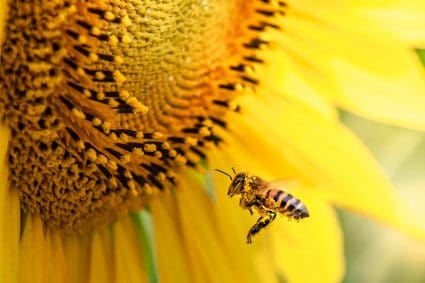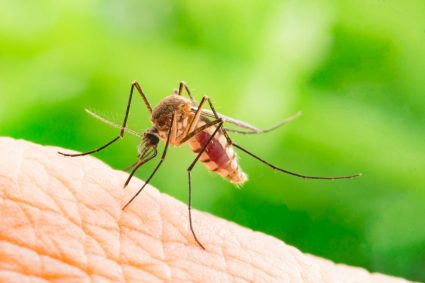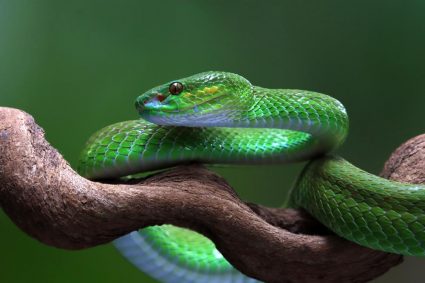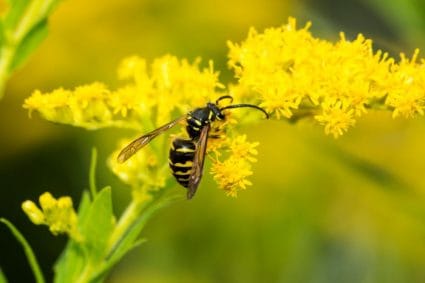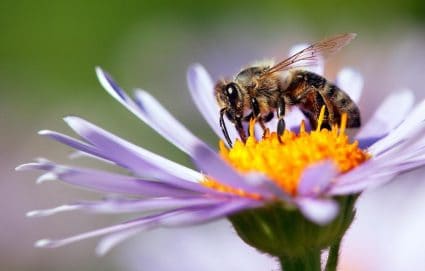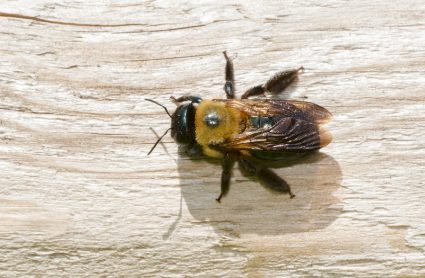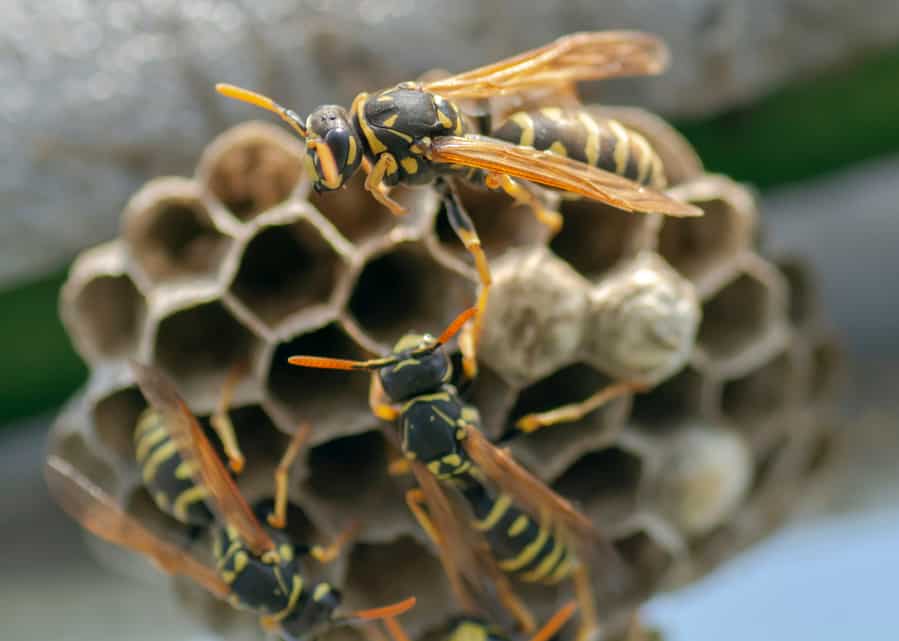
Try leaving juicy fruits in the open, and watch how wasps would come from nowhere and devour them. Somehow, they have modifications that help them to smell food, drinks, and fruits easily.
Seeing how potent their perceptions are, you can put up things that would repel them at the slightest scent. Placing these repelling scents around your house, campsite, or picnic area will deter these wasps for good.
So, what are these smells that repel wasps? This article will identify some of them.
Wasps are stinging insects nobody wants near them. If you want to go the route of smell to deter them, below are some smells that deter them:
- Cucumbers (you can grow them in your garden or peel some and place them around your house or campsite).
- Citrus fruits like oranges, lemons, and lime repel wasps.
- Ethereal oils (also known as essential oils) like peppermint, clove, etc.
- Spices like garlic and cinnamon.
We discussed applying these and more to keep wasps at bay from your space.
The next few headings will identify six natural scents wasps hate and how to use them to deter these stinging critters. As a bonus, we will also answer other common questions about handling wasp infestations.
6 Natural Scents Wasps Hate
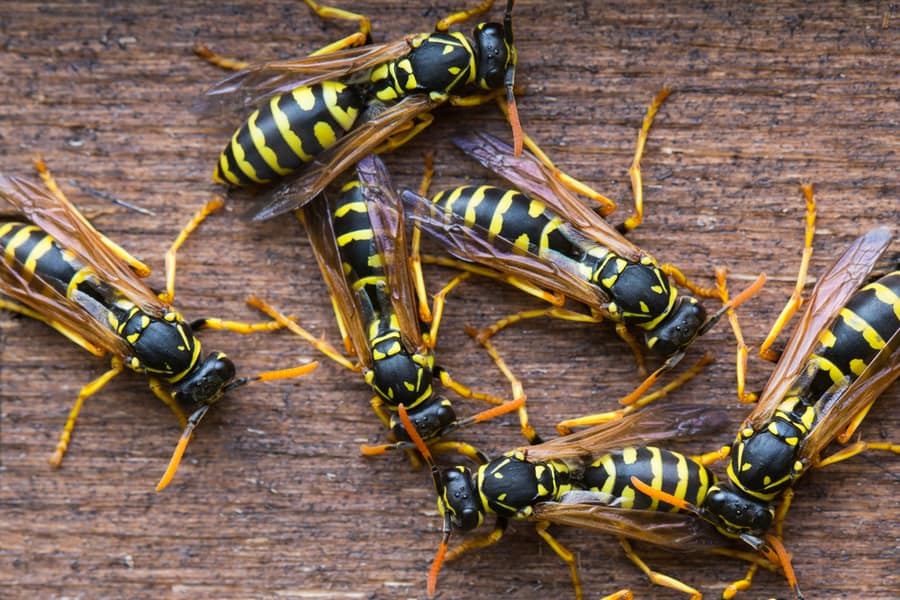
There are several foolproof strategies you can deploy to deter wasps. For example, there are potent insecticides you can spray to kill them, but you may not always be around to do so.
Also, you may experience some limitations in using insecticides as they may be toxic for garden and picnic food.
Going the natural way of applying pest-deterring scents will make a better approach.
Below, we discuss six smells that wasps hate and how to use them:
1. Smoke

The smell of smoke is a major red flag for wasps, and most do not survive its inhalation. Using little smoke does not mean you should set your house on fire, so you must apply extra care.
To be safe, use smoke only for outdoor activities like camping instead of setting up a fire around the house. A campfire is a good nighttime idea; you can put it out by morning.
You can also set fire close to a wasp nest to eliminate them. They will pick up their larvae and leave immediately when they smell the smoke. After they leave, you can dispose of the nests.
Asides from the manual method of setting up a fire, you can buy a bee smoker to deter wasps. Bee smokers are affordable and easy to use. Ignore the “bee” in the term. Bee smokers work on other pests, including wasps and hornets.
The smokers come in a stainless container and protective shield. It looks like a funnel-shaped mini flask with a side pedal regulating smoke.
Pour any fuel (dried grasses or dung) into the smoker and light it. When enough smoke forms, use it on the wasp nest or spray around the campsite.
Wear protective clothes and gloves if you use the smoker around wasp nests. The nest may become a frenzy, and the wasps sting you when trying to escape.
Adding coffee grounds or sage to the fire will also make the smoke more effective. You can even burn some coffee grounds separately in a glass bowl at home. Remember to put out the fire later.
Call it DIY incense or anything else. Burning sage or coffee grounds also helps repel wasps.
2. Ethereal Oils
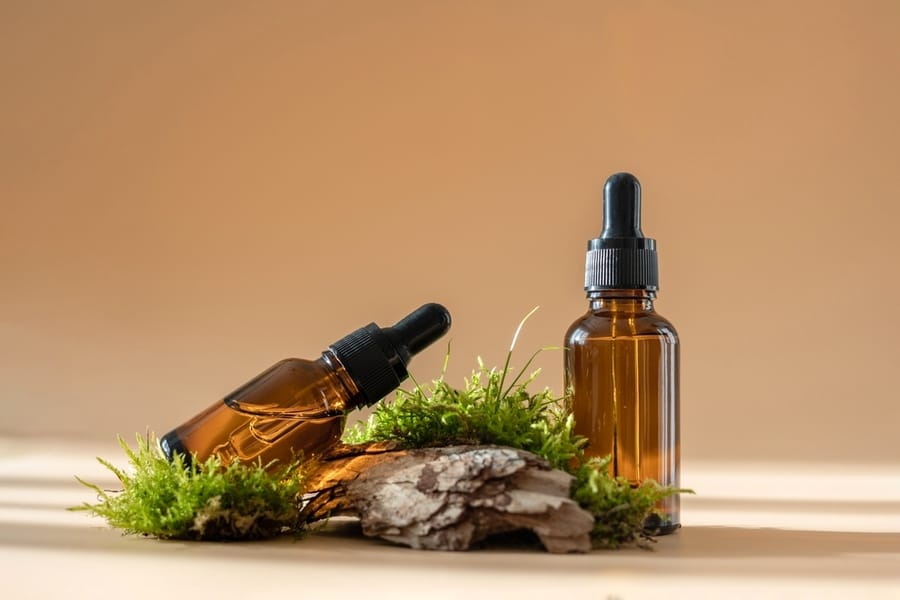
Ethereal or essential oils are famous for repelling wasps and every other kind of insect/critter. A study showed how essential oils like peppermint, clove, and many others repelled wasps and yellow jackets.
Essential oils and their plant alternatives are pleasant to us but repulsive to wasps. You can sprinkle some drops of oil around the corners of your home, deck, and tent.
You can also mix the oil with water and sprinkle the mixture around with a spray can. Other examples of essential oils are:
- Lavender
- Eucalyptus
- Geranium
- Lemongrass
- Spearmint
- Citronella
- Rosemary
Citronella candles are also available for purchase in local hardware stores. You can light them and place them around you. They also have a lovely smell and can serve the dual function of an air freshener.
3. Citrus Plants
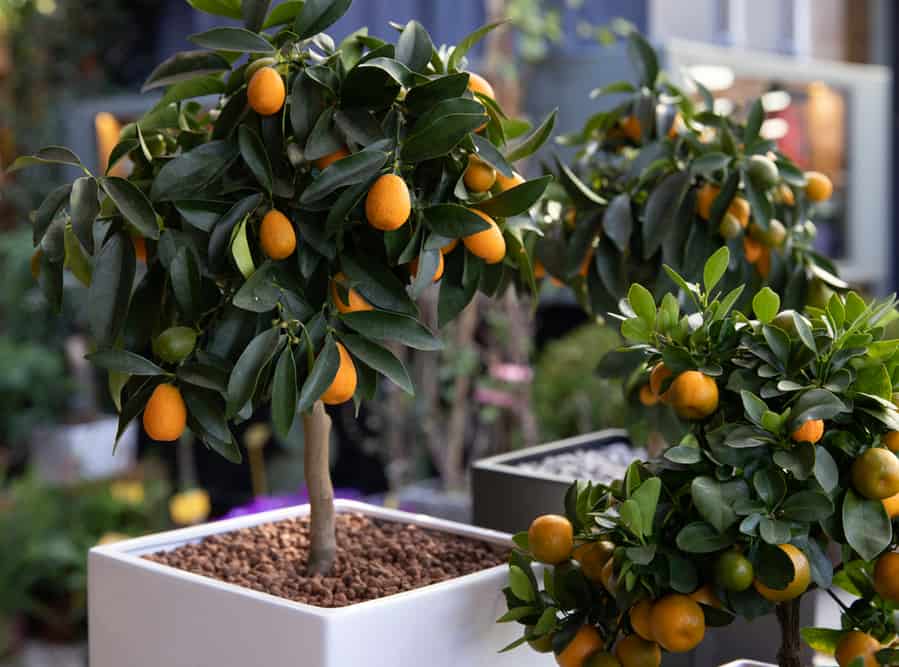
Citrus fruits like oranges, lemons, and lime repel wasps.
Going with some oranges or lemons won’t be a bad idea when planning a picnic or camp.
When you arrive, you can place some peels around, slice them in halves, and leave them in the open.
The strong citrus smell will repel the wasps even if food items surround you.
4. Cucumbers
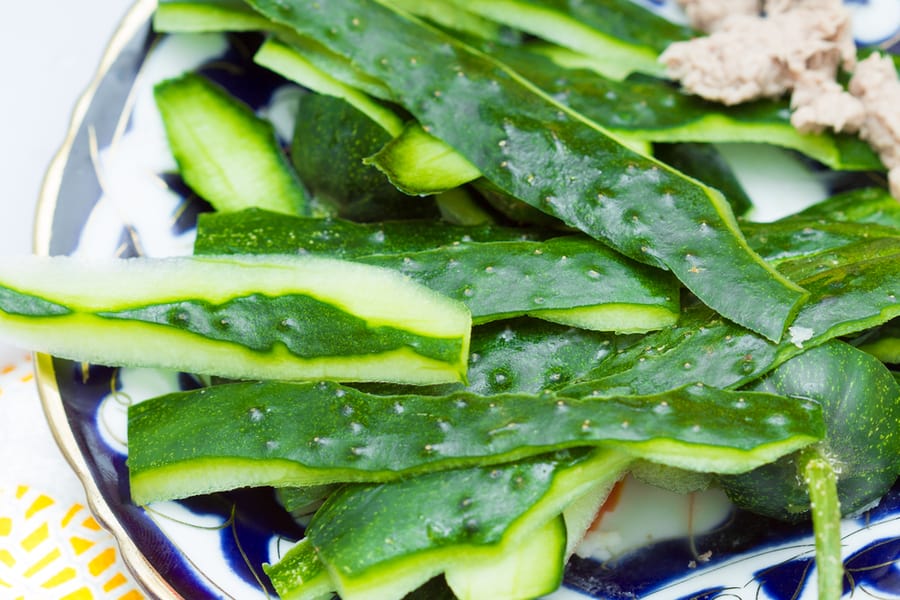
Planting cucumbers in your garden will save the stress of chasing wasps around. The smell of cucumbers irritates wasps and deters them.
If planting cucumbers would burden you, you can peel some and place them around your house or campsite. They are also effective that way.
Remember to pack them up if they start drying or rotting. Else, some other insects may come around to eat them. You don’t want insects invading your home while trying to deter wasps.
5. Spices

Garlic and cinnamon are common spices that are always available in every kitchen. You can use them to ward off wasps from your home or surrounding if you have them.
You can plant cinnamon in your garden and strategically place the leaves. You can also sprinkle the cinnamon powder around your deck or campsite to repel wasps.
Using garlic the same way is another option. You can place garlic lobes around choice areas or use garlic powder. Cloves of garlic have a strong scent and are unpleasant to wasps.
6. Other Plants and Herbs
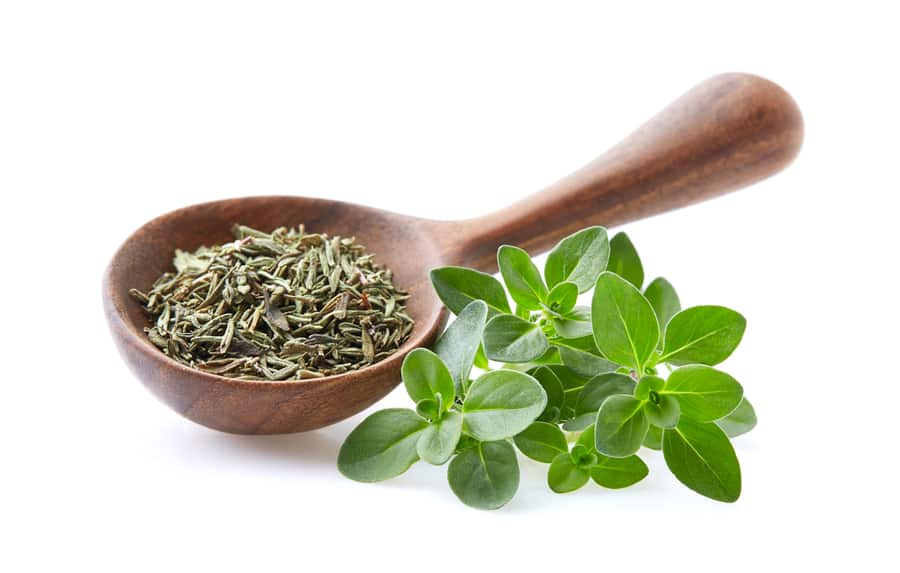
Thyme and rosemary are potent herbs that people use in cooking. They also cause a massive turn-off for wasps and bees, and you can keep them around.
Thymes release oil from their leaves and are toxic even when wasps contact them physically. You can plant some thyme in small pots and place them on your deck. You can also produce some in your garden.
Marigold is another plant with wasp-deterring properties. Like some flowers, marigolds are colorful and sweet-smelling to humans, but wasps don’t find them pleasant. You can plant some in your garden or pots.
Conclusion
It won’t be out of place to ensure that at least one of these plants is in your home, whether or not there is a wasp infestation. It is always better to avoid a thing than deal with it.
You can get two or more spices and keep them on your kitchen shelf or patio. That way, you won’t have to bother about wasps or insect infestation.
There is a reason why wasps hate these scents, and just as you would avoid places with horrible smells, wasps would do the same.
Frequently Asked Questions
What Smells Do Wasps Love?
Wasps love anything sweet. Foods, cakes, jam, ice cream, honey, soda, and fruits attract them. Aside from edible items, wasps also love sweet-smelling fragrances like perfumes.
Does Vinegar Repel Wasps?
Most times, vinegar repels wasps but not for long. Wasps are die-hard hunters and would need more vinegar to keep off. For a more robust solution, you can mix vinegar with baking soda.

